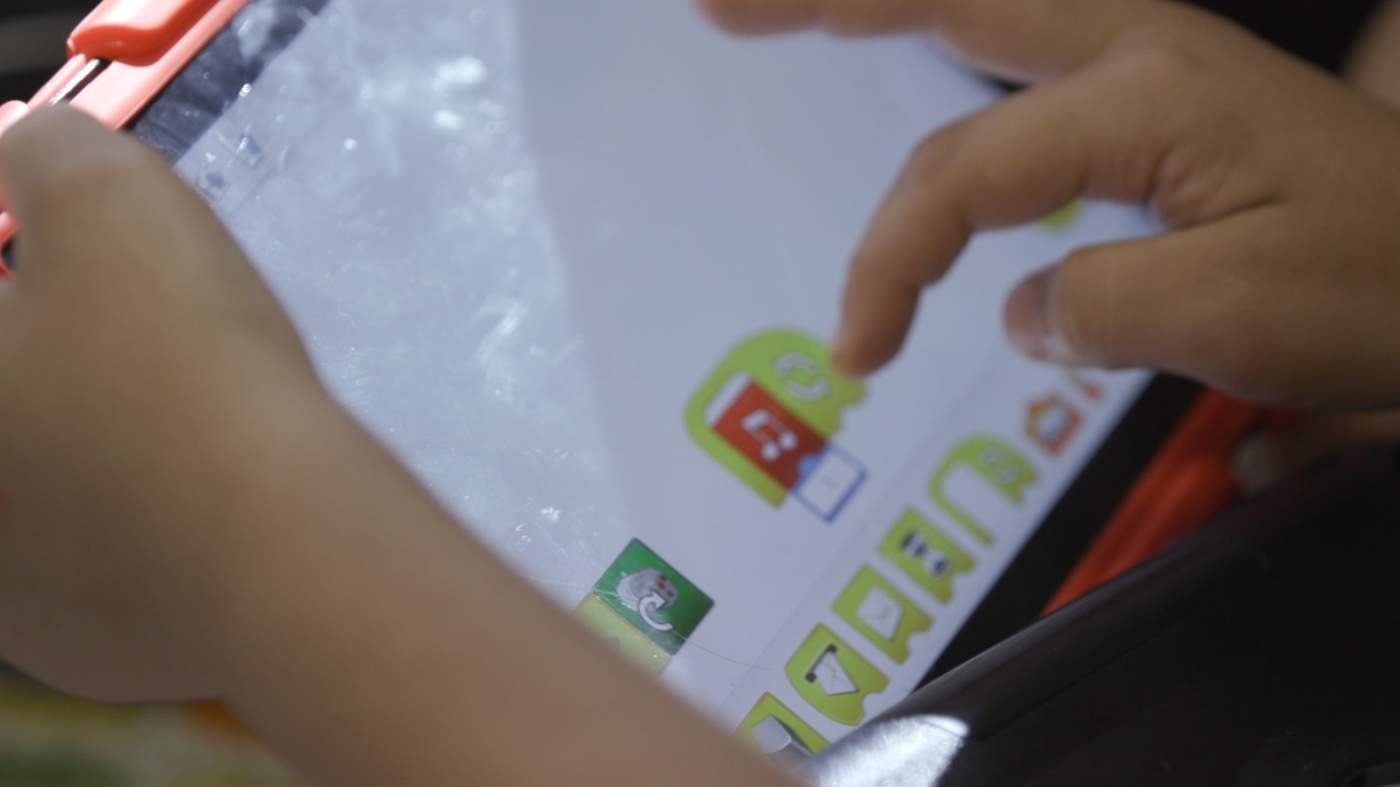Based in Sydney’s south-west, Lansvale Primary Public School has a strong emphasis on the use of technology. Rather than limiting access to it, the school explores how technology allows its students to be critical thinkers and take a sneak peek into the future, according to principal, Mark Diamond.
The students share the enthusiasm and explain why they enjoy using technology in their school in a hands-on fashion.
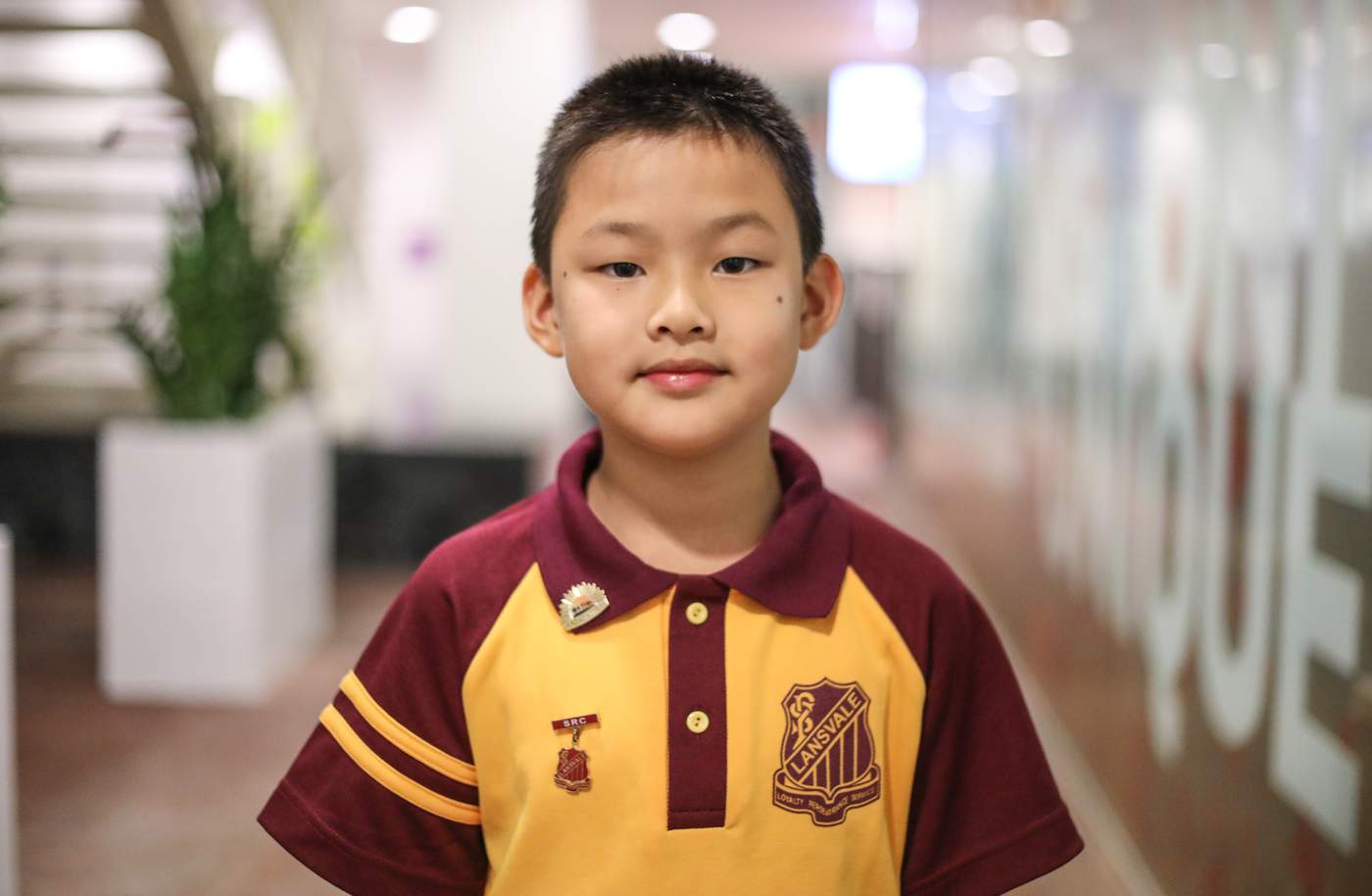
Marcus
“We usually [use a tablet] most of the day because it's a lot more efficient, because if you need to find a definition of a word you can just search it up and it just pops right up,” says 9-year-old Marcus, who loves technology and the efficiency it presents. “So if I need to check my maths I can write myself an equation and with random numbers from online.”
Marcus's friend, Jack, also 9 years of age, has the same views towards technology. “Most of the activities we [do] need technology. Say we have our revising on our writing, we need to sort out the words to make our writing better and also we need it for so we can use the app to project the screen on.”
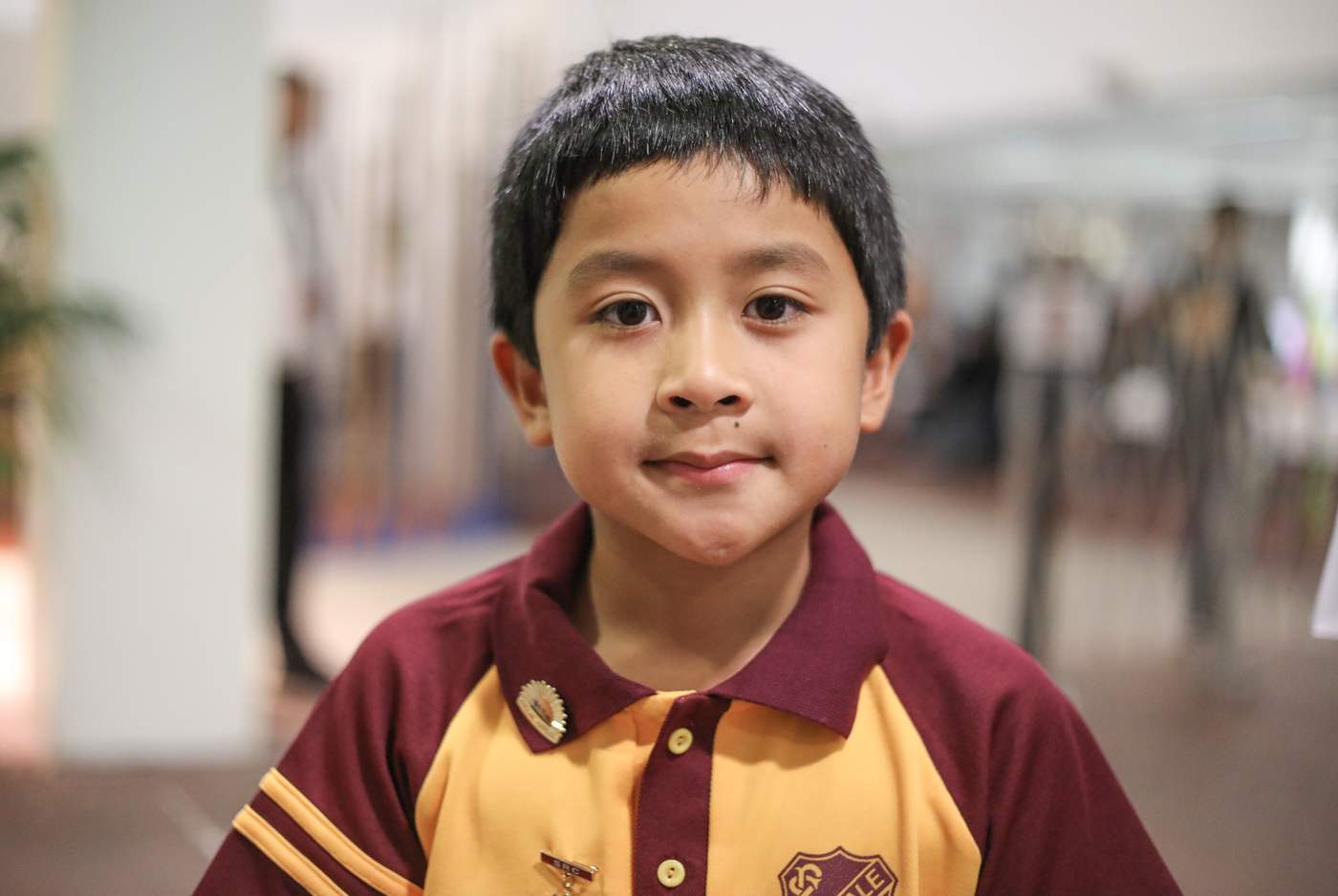
Jack
The school first introduces technology to students in preschool as young as 4. “We've got 780 children from 4 to 12 years old,” says Mr Diamond. “Right from inception at preschool through to Year 6 they're using devices.”
For daily school activities the school has a policy of bring your own device (BYOD) but students who aren’t able to do this can also borrow devices form the school. “We ensure that for about half of every day those children are exposed to rich authentic information and communication technology (ICT),” says Mr Diamond.
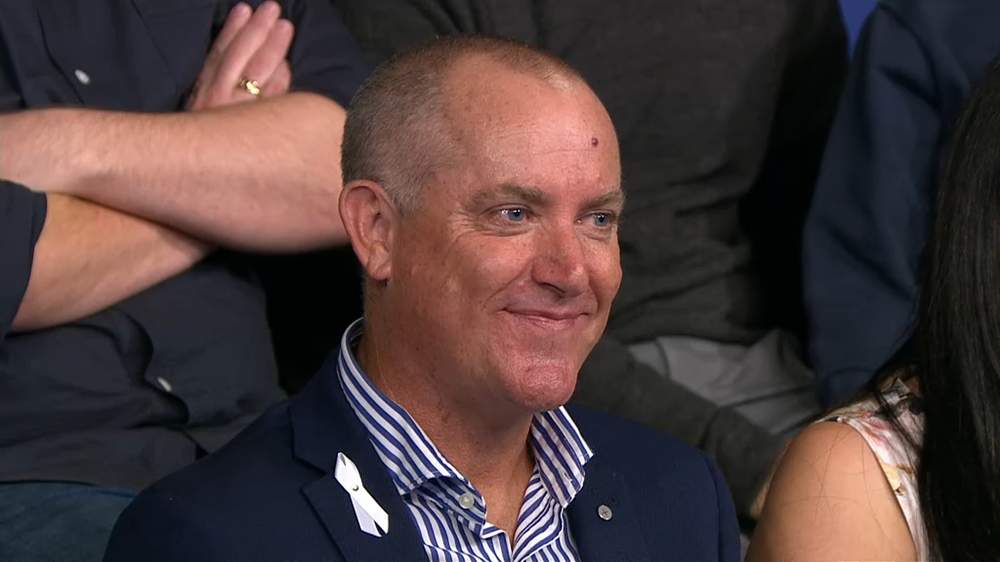
Mark Diamond, principal of Lansvale Primary Public School
Education and technology researcher, Kristy Goodwin, says if screens are introduced during the first five years of life it could impact the development of the brain. “The brain has two core jobs to develop,” she says. “It needs to develop the sensory part of the brain and the motor region so this is why young children aren't designed to sit down, they are biologically wired for sensory stimulation and to move.
Lansvale Primary Public School students
“What we're worried about, particularly in those early years, is that if kids are dumped in the digital stream too early and their digital habits are encroaching on their basic developmental needs, then their sensory and motor regions aren't developing.”
Ms Goodwin admits that the research on this issue is still in its infancy when it comes to longitudinal data. “The iPad has only just turned eight years old earlier this month so we don't have long term impact data,” she says.
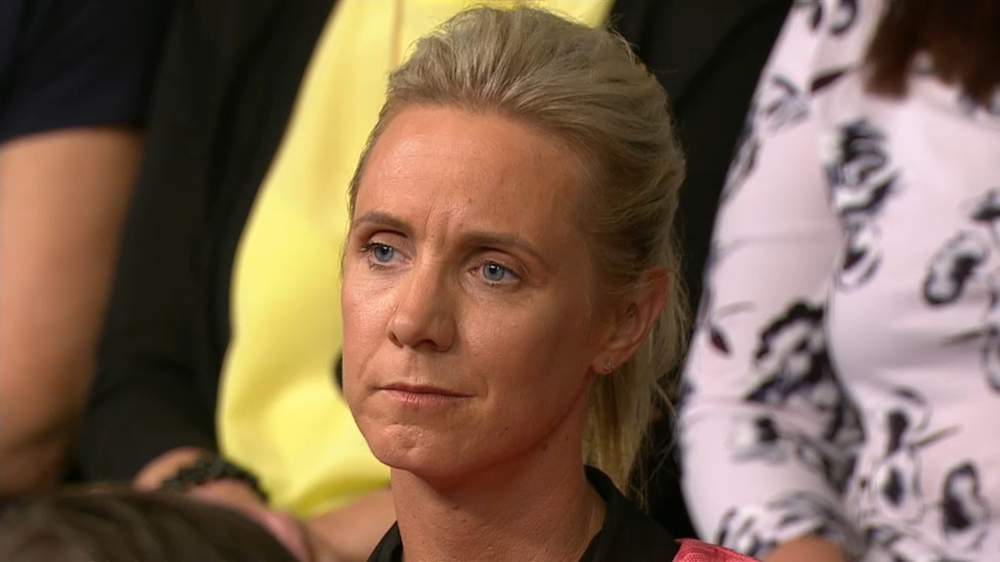
Education and technology expert Kristy Goodwin
While acknowledging the research around the potential risk and harm of introducing technology early, Mark Diamond says his school teaches the students to be playful and wants them to develop some self-regulation by setting how much time they use the device.
“The pre-schoolers have a curiosity centre where they're in and they're doing hands on science experiments,” he says. “But they're being exposed half an hour to an hour a day perhaps and by the time they're in primary we're talking about up to two hours a day really where there's authentic use, where the children are using their devices and opportunity to research with some rigor, with a level of savviness that we would expect of digital natives in the modern world.”
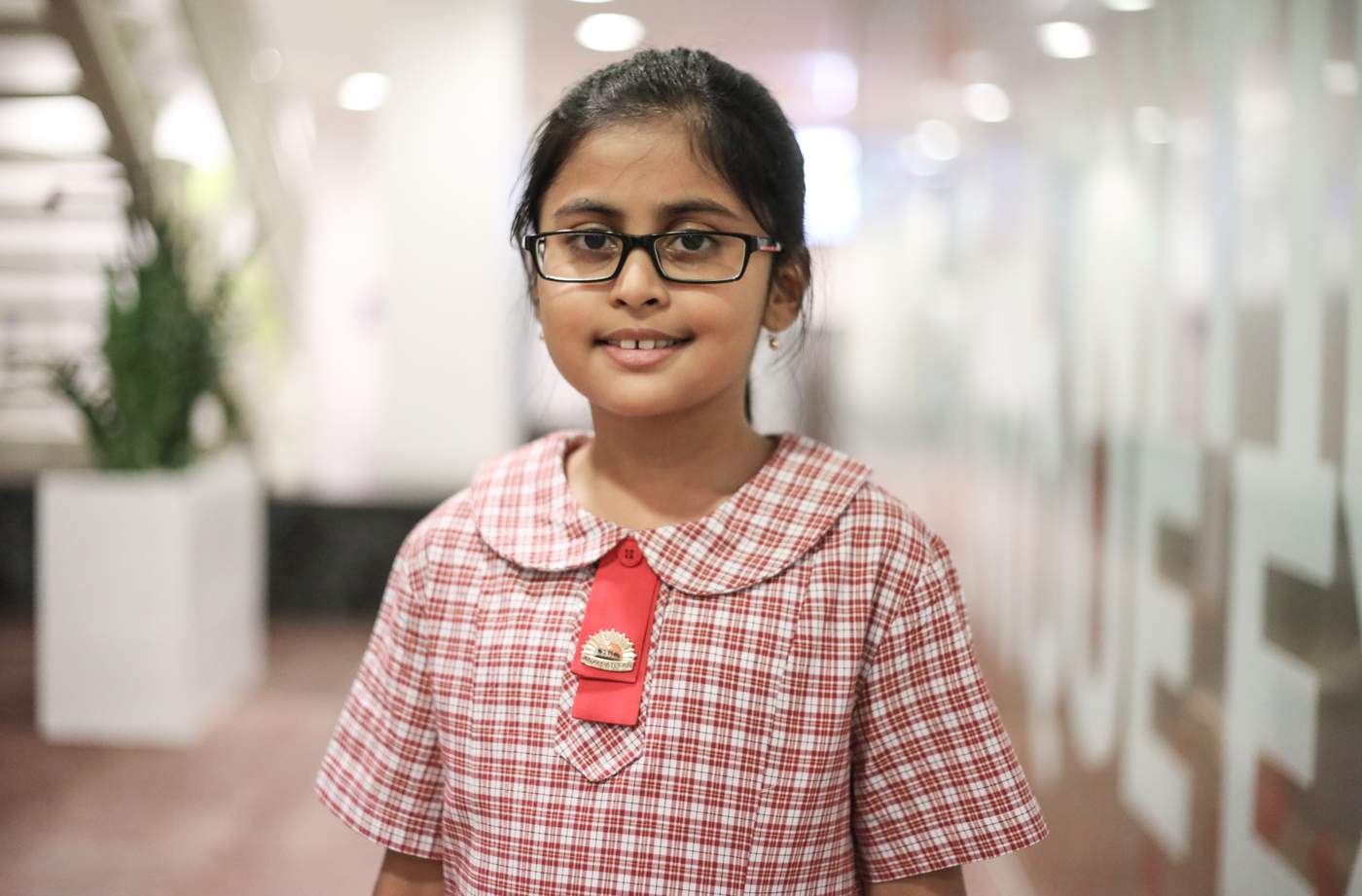
Nini
Nine-year-old Nini, who also attends Lansvale, says she spends about one and a half hours or two hours on screen. “Because usually some activities don't require a laptop,” she says.“When I get home usually most of the evening I have my laptop open and I'm doing homework or working on a project.”
Nini confesses her mother is concerned about her having too much screen time. “Because I already have a loss of eye power so [it’s] probably not good for my eyes but it's normally alright as long as most of the time it’s for educational purposes that I can't find in the books in the house.”
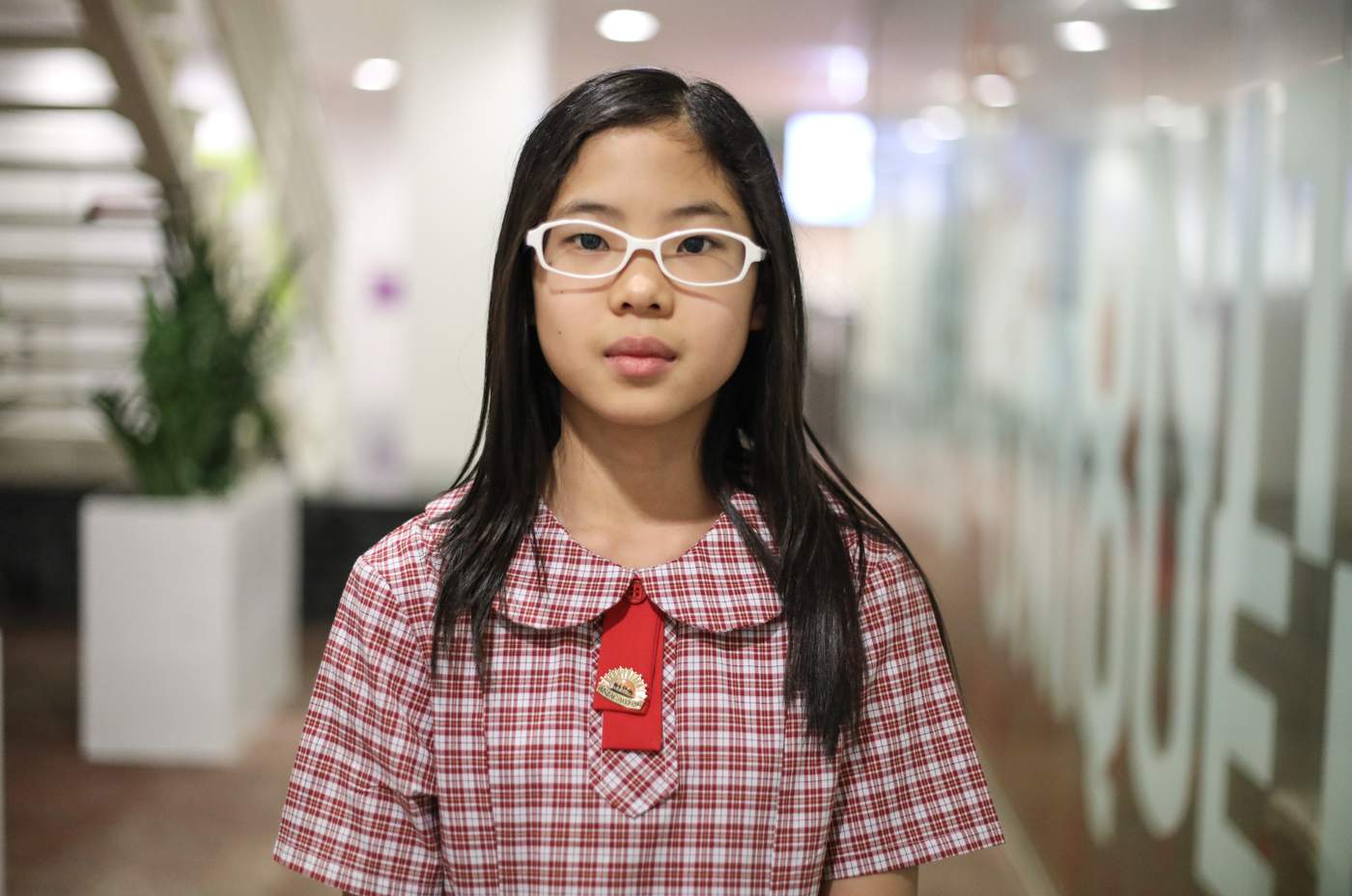
Suzanne
Suzanne’s parents share similar concerns as Nini’s parents. “My parents say that I can't spend too long because they don't want my eyesight to get even worse,” she says.
But Suzanne has set up her own rules: setting a timer on her device that reminds her to put it away. “The websites I've been reading and on the news, it also sometimes says that we can't go on it too much as it's not very good sometimes,” she says.
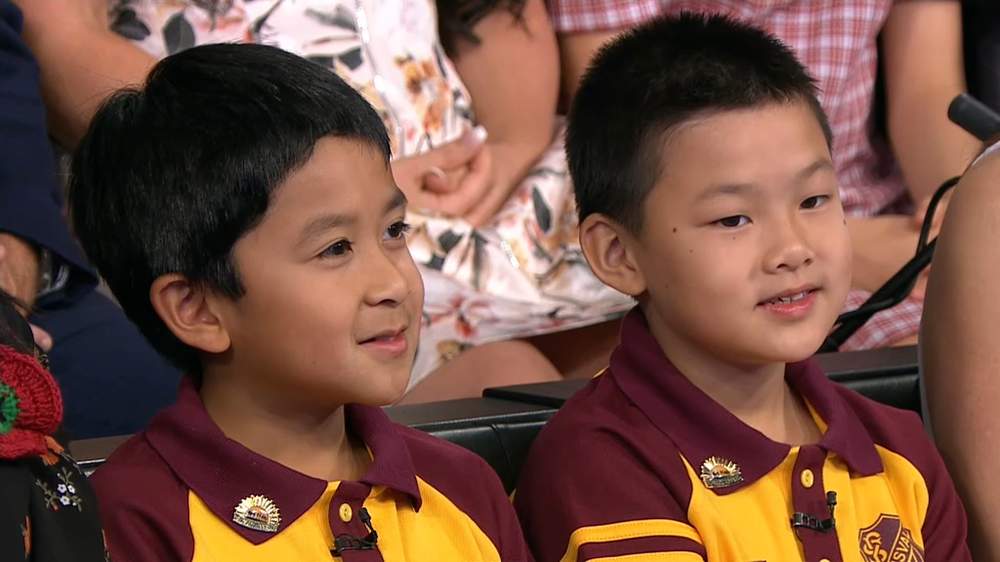
Jack and Marcua appearing on the Insight episode
Screens at School
Jack says his parents allow him to play on the device for 30 minutes only. “It depends on how much work I do.” Whether he is doing work or playing games is a different question because according to him, his parents don’t know. “They have no idea what I'm doing.”
